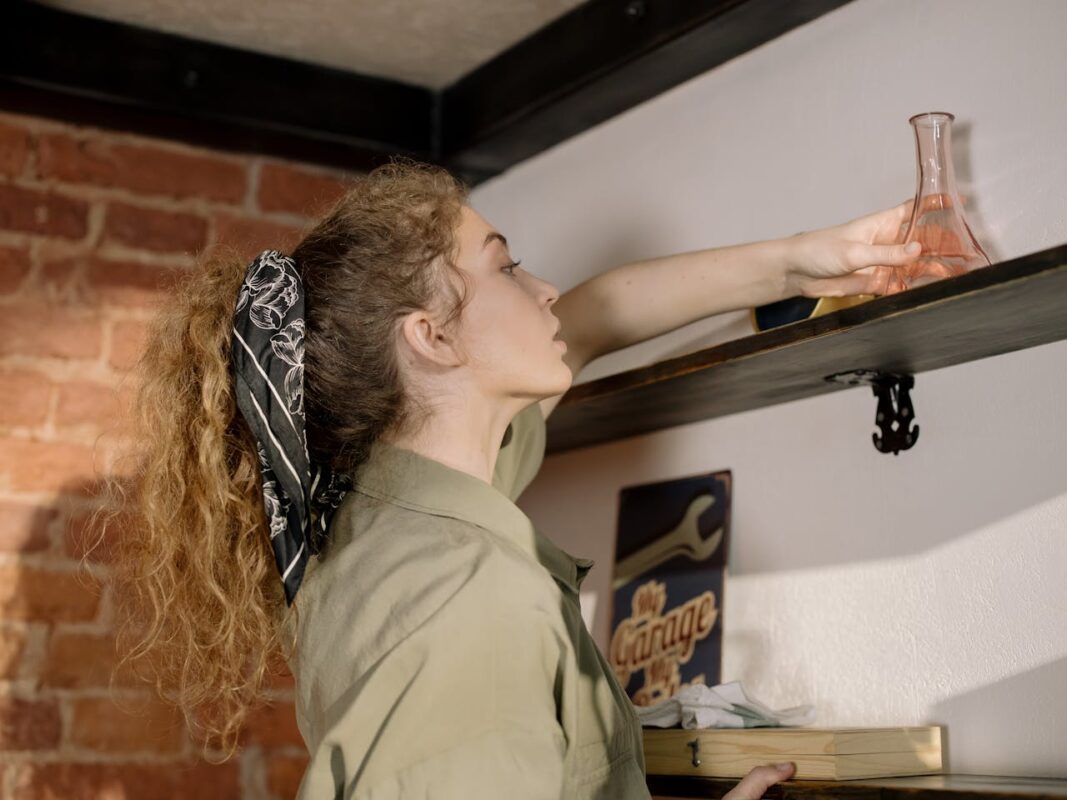


Hiring a property manager (PM) for your short-term rental isn’t just checking a box — it’s handing someone the keys to your income stream. Choose the right one, and your property thrives while you focus on growth. Choose the wrong one, and you’re chasing refunds, cleaning disasters, and passive-aggressive guest reviews.
This blog breaks down:
- Exactly what questions to ask before you hire
- Red flags that scream “run”
- What a solid STR management agreement should include
- A vetting process used by top investors
Let’s help you find someone who’ll treat your property like it’s their own — or better.
🔍 Why Vetting a Property Manager Matters
Property management companies vary wildly — from luxury boutique teams to overworked Airbnb co-hosts juggling 20 homes with a phone and a dream.
A good PM doesn’t just keep the lights on. They:
- Increase your revenue through better pricing
- Protect your asset with routine inspections
- Improve your reviews, reducing churn and issues
- Help you scale by handling the day-to-day
✅ The 10 Questions Every STR Investor Should Ask a PM
Here are the essential questions to ask before you sign any contract:
1. How many STRs do you currently manage — and in which neighborhoods?
Why it matters: Local experience is everything. You want a manager who knows the seasonality, regulations, pricing trends, and quirks of your specific market.
2. What’s your average occupancy rate and nightly rate for similar homes?
Why it matters: You’re hiring for performance, not just logistics. Ask for real numbers or sample listings they manage.
3. What tools and systems do you use to manage properties?
Look for:
- Dynamic pricing tools (PriceLabs, Beyond)
- PMS (Hostaway, Guesty, Hospitable)
- Guest communication automations
- Maintenance tracking software
4. How do you handle guest issues, reviews, and refunds?
Why it matters: How they manage guests during and after the stay will reflect directly on your reviews and revenue.
5. What’s your cleaner and inspector quality control process?
Great PMs:
- Have documented cleaning checklists
- Perform regular QC checks
- Track performance metrics and fix mistakes fast
6. How often will I receive reports — and what do they include?
Expect: Monthly owner statements, occupancy reports, maintenance logs, and YTD P&L.
7. Do you handle permits, licenses, and local compliance?
Especially important in regulated markets like St. Augustine or Jacksonville Beach.
8. Can I review or adjust pricing, calendars, and house rules?
Full-service doesn’t mean zero transparency. A good PM gives you visibility and input without micromanaging.
9. Can I speak to one or two current clients?
This is huge. If they say “no” — red flag.
10. What’s your termination policy if I want to leave?
Look for flexibility and a clean break clause. You want a partner, not a hostage situation.
🚩 Red Flags to Watch Out For
Not all PMs are created equal. Here are the warning signs we see investors ignore most often (and later regret):
❌ No tech or pricing tools
If they’re still manually adjusting prices or relying on Airbnb’s Smart Pricing alone — yikes.
❌ Overextended with too many properties
If a solo operator is managing 40+ listings with no team… service quality is going to drop. Fast.
❌ Poor communication during onboarding
Slow responses now = even slower when a guest is locked out at midnight.
❌ Vague on performance metrics
If they can’t show you average nightly rates or RevPAN — they’re likely not tracking them.
❌ No photos or documentation of inspections or cleans
This is how you get 3-star reviews with captions like “dirty towels and hair in the sink.”
DealRoom Team
Deal Room is your trusted source for smart, actionable insights in rental property investment and management. From financing and tax strategies to design and operations, we help landlords and investors make confident, informed decisions.
Dive Deeper
 Management Models & StrategiesChoosing a property manager is one of the most critical decisions an STR investor will make. A great manager will elevate your property, protect...August 10, 20254 minutes
Management Models & StrategiesChoosing a property manager is one of the most critical decisions an STR investor will make. A great manager will elevate your property, protect...August 10, 20254 minutes Management Models & Strategies
Management Models & StrategiesComplete Short-Term Rental Management Checklist for New Investors
So, you've bought your first short-term rental — congrats! But now comes the real work: getting the property ready, creating seamless systems, and delivering...August 10, 20254 minutes Management Models & Strategies
Management Models & StrategiesWhat’s Right for Your STR Investment? – Self-Manage vs. Full-Service
When you're just starting with short-term rentals, one of the biggest decisions you'll make is how to manage the property. Should you take on...August 10, 20255 minutes Rental Pricing Strategies
Rental Pricing StrategiesPriceLabs Report: London Holiday Let Prices Surge 17% Despite Fewer Bookings
August 10, 20250 minutes



